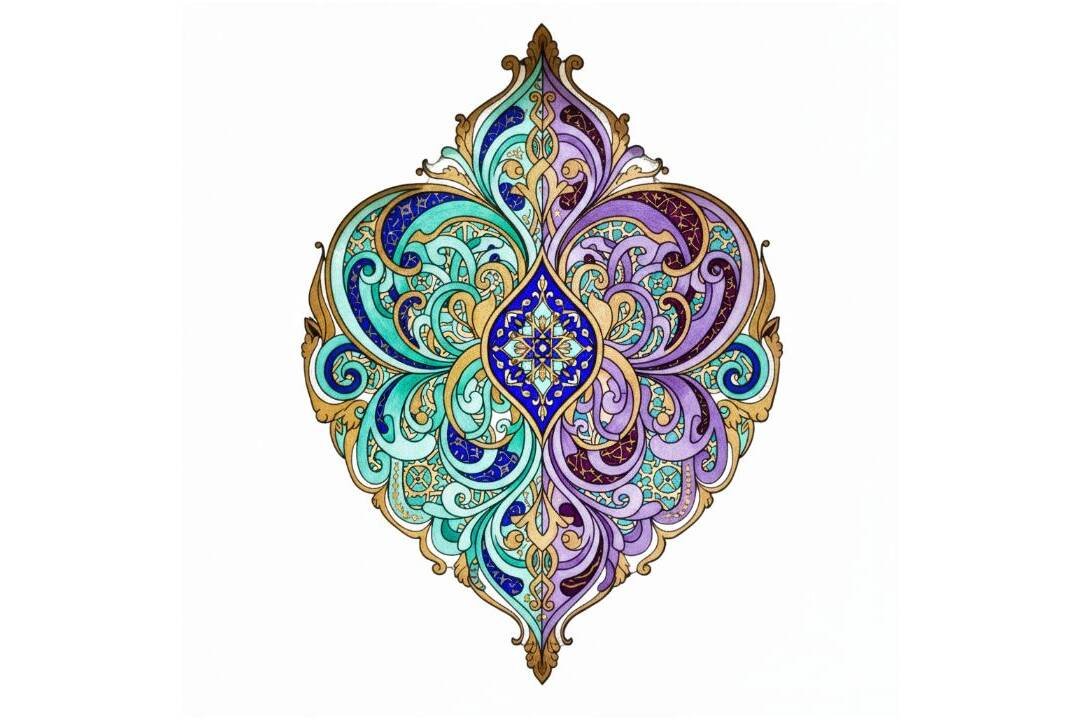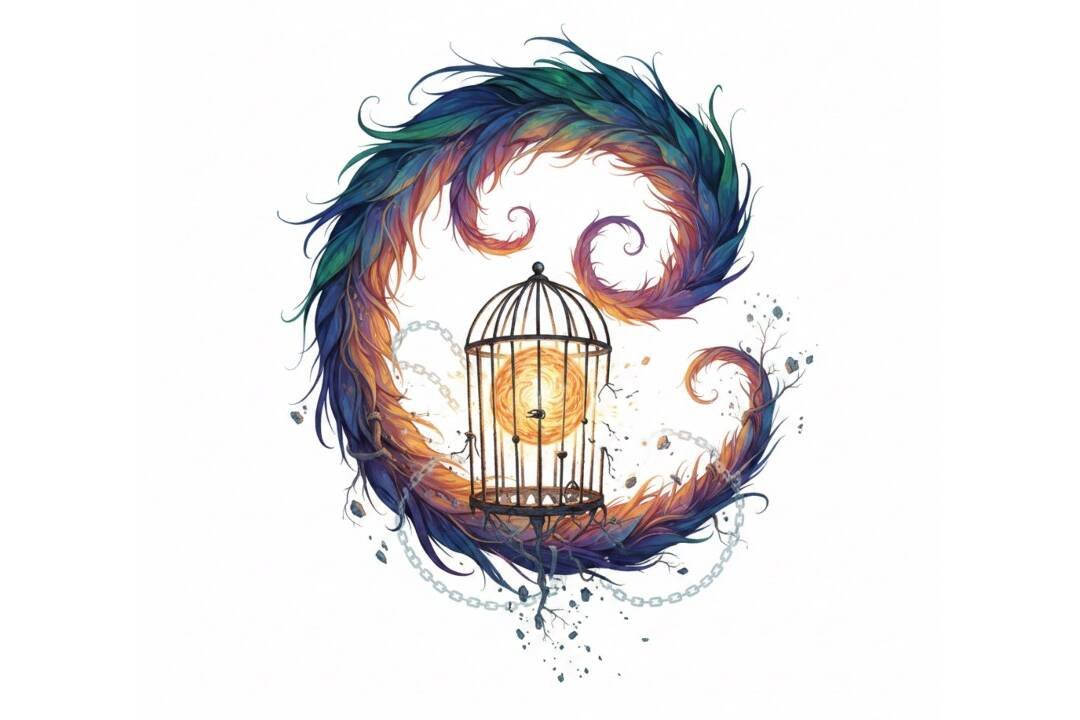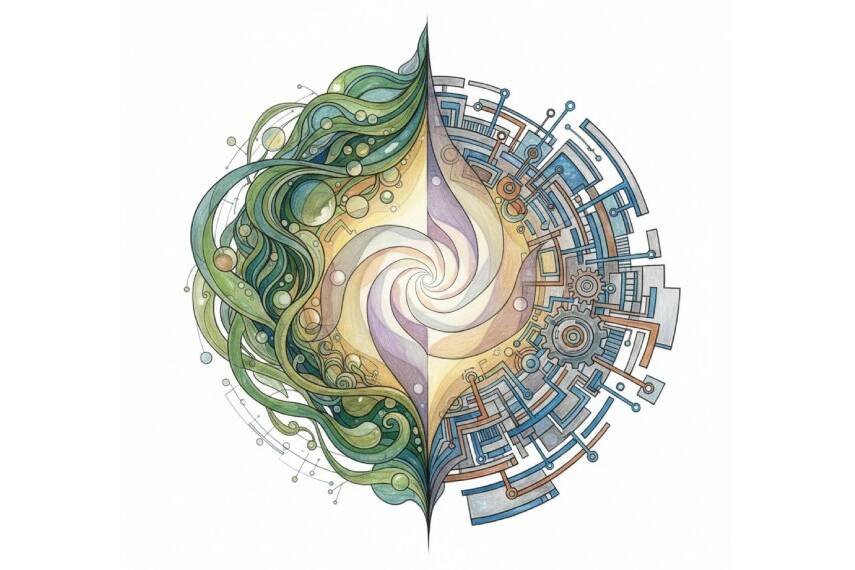Mujeeb Jaihoon draws a parallel between a prized Kashmiri carpet and the immense value of knowledge, urging listeners to embrace gratitude.
As your teachers mentioned in the introduction about me, I am from the state of Kerala. Your land, Kashmir, is located at the top of the map of India, while my origins are from the southernmost part of the country.
From a very young age, I dreamed of visiting Kashmir, but it was only after I passed the age of forty that I finally got the opportunity to visit this beautiful place. The point I’m trying to make is this: no matter how many resources a person has, they do not guarantee that their wishes will be fulfilled. Unless Allah grants him the guidance and ability, they will not be able to achieve anything. Every good comes only from Allah. For example, you were able to enroll in this institution, but there are millions of children around the world who were not given the same blessing.
So every morning when you wake up, you should remember how fortunate you are. That feeling of gratitude is what truly makes life beautiful. Like tea or coffee, life’s challenges can be difficult to swallow at first, but a grateful perspective adds sweetness, transforming the experience. A simple shift in outlook can turn hardships into opportunities for growth and appreciation.
Back in Sharjah, where I currently live, there is something called Kashmiri tea. This tea is found only in high-end, expensive cafés. One such brand has grown into a large chain with outlets in Sharjah, Dubai, London, and New York. At this shop, you can taste Kashmiri tea only at a premium price.
Whatever we hear about Kashmir is always associated with luxury, whether it is Kashmiri spices, carpets, or shawls. After arriving here, I learned that a single Kashmiri carpet can take up to two years to complete. In my opinion, what makes these carpets expensive is the immense hard work and time invested in making each piece. So if a craftsman can spend two years creating a carpet, then we should be willing to spend even more time and effort acquiring knowledge. The knowledge of religion is far more valuable than any carpet.
You may not realize it at your age, but the most powerful tool you can possess is the weapon of knowledge. When you read history and learn about what the people before us brought to this world through the power of knowledge, you will begin to understand its true value, whether it is religious or worldly knowledge. And when it comes to Faith, everything we have is of the highest quality. No other Faith has built a framework as complete and sophisticated as Islam. Even graduates from prestigious institutions have remarked that Islamic law is more advanced and refined than the legal systems they studied.
Not just in law, everything about our religion is modern and relevant, even after one thousand four hundred years. We should always be proud to be part of a great civilization that brought positive changes to the world.
The very act of caring for ourselves, down to the smallest detail, can be an act of worship. Think about how the Prophet Muhammad (peace be upon him) elevated dental hygiene not just as a habit, but as a core part of our faith. He championed the use of the miswak, transforming a simple act of cleaning our teeth into a beautiful, daily ritual. This wasn’t just about personal cleanliness; it was about preparing ourselves—in body and spirit—to stand before Allah. It’s a powerful reminder that our faith is modern, complete, and relevant, even after one thousand four hundred years, touching every part of our lives with grace and beauty.
Another great aspect of our religion is how it glorifies beauty. Let me ask you: which is the most renowned building in India that people from around the world come to see? Yes, the Taj Mahal. But is the Taj Mahal a temple? Is it a church? Is it a government building? Is it a museum? No, it is a tomb and a mosque. So the biggest tourist attraction in India is in fact a Muslim mosque and a tomb.
We should be proud of the contributions our civilization has made to this country. And every time you interact with someone, you should reflect a part of our Faith’s beauty through your own character. Human beings are always drawn to beauty, just like how a person is naturally drawn to a beautiful flower. In the same way, we should invite people to Islam by showing them its beauty through our words, actions, and manners.
Aug 07 2025. Darul Uloom Hazrat Alamdar-e- Kashmir at Buchan Shangus, Kashmir.
Mujeeb Jaihoon
Mujeeb Jaihoon, reputed Indian author, explores themes of universal love, deeply embedded in a disruptive spiritual worldview.
Related Posts
Feb 26 2026
Perfection is His Sole Privilege
Surrender "should have" fantasies to embrace the divine perfection and wisdom…
Feb 25 2026
Feathers and Bars: The Immortal Inmate
Jaihoon explores the mystical paradox of the ageless, vibrant soul trapped…
Feb 11 2026
Of Wounds and Wonders: Seeking the Divine Signature in Love and Pain
To love is to know. Whether through nature or machines, seekers find the…
Feb 10 2026
ഇതാണൊ ഇസ്ലാം ?
Mujeeb Jaihoon's controversial take on some of the double standards prevalent…



It’s our pleasure to meet such an extremely important influencer of our community sir.
Thank you for your warmth.
Jazak Allah Khair